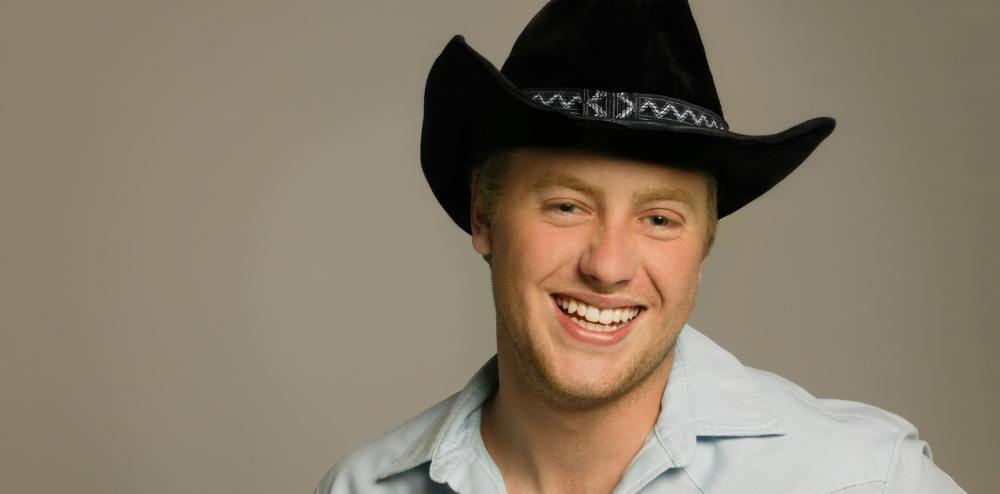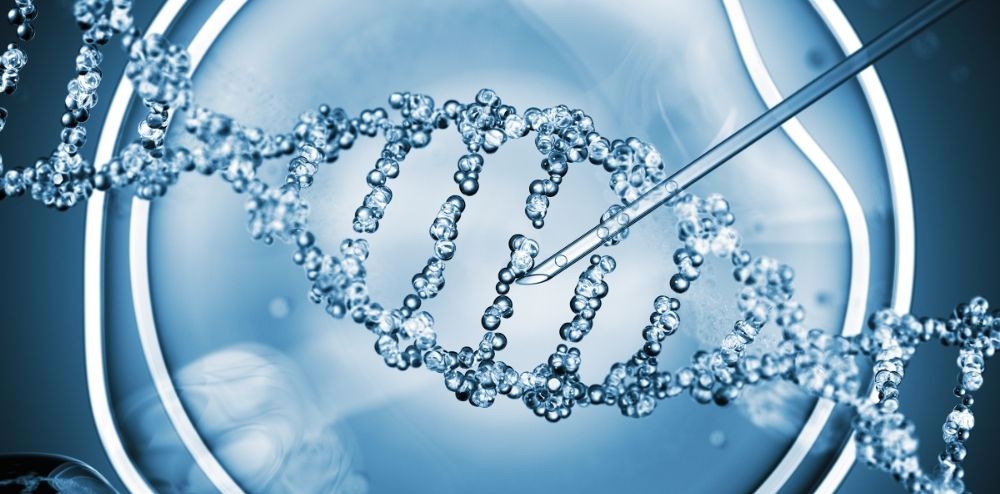Androgenetic Alopecia is a very common condition that can be experienced by both men ans women. One’s hair is closely tied to their self identity and body image. Body image is a psychological term that refers to one’s perception, emotions, and thoughts about themselves, and also the person’s behavior related to their looks. Although alopecia is very common it causes psychological distress. Hair loss has a huge effect on the person’s mental well-being. Common conditions associated with hair loss are embarrassment, frustration, social anxiety and jealousy to name a few. In some case this requires professional help. Keep reading to learn more about the psychological impact of hair loss.
Scalp hair has a massive psychological and social importance compared to its biological significance. Hair has no benefit but protection from sunlight and some cranial padding. Beyond the social importance of hair it has become a very important part of ones self-identity and body image. A head full of hair is considered a sign of youthfulness and status. Scalp hair is very unique and can be styled according to one’s desire.
The common term “bad hair day” is an indicator to the psychological significance of hair. A person who is experiencing extreme hair loss or baldness might suffer from a “bad hair day” every day. This person goes through a variety of negative emotions because of social pressure. Hair loss can cause a lot of psychological stress out of proportion to the problem itself inturn this stress can cause more hair loss so it becomes a vicious cycle.
The effect of hair loss
Hair loss at an early age due to nonscarring alopecia or pattern hair loss results in feeling physically less attractive, less virile and less likeable leading to low levels of confidence and low self-esteem. The severity of those symptoms is directly effected by the severity of the hair loss.
The psychological effects of hair loss is experienced in women more than men due to the social pressure put on women to have nice hair. It is believed that good-looking hair adds to the femininity and attractiveness of women. Signs of hair loss can be traumatic to a woman’s self-esteem especially when it is experienced at a younger age. Hair loss in women can also be perceived as a sign of ageing making them feel loss of sexual attraction and virility.
The negative feelings caused by hair loss can be so overwhelming that they start affecting the patient’s daily routine life and social life. Such as avoiding family gatherings and spending alot of money to hide their hair loss problem like buying great numbers of wigs.
Various psychological studies shows that 20-48% of patients applying for cosmetic surgery may have a psychological diagnosis too.
The psychological symptoms associated with hair loss are:
Anxiety, depression, embarrassment, low self esteem, reduction in work and sexual performance, suicidal thoughts and social withdrawl.
Alopecia areata is a chronic disorder that affects about 50% of men and women at some point in their lives regardless of their age. This condition can happen for several reasons including genetics, hormonal imbalances, autoimmune and inflammatory disorders, infections and psychological stress.
Here are some way to ease the psychological effects of hair loss:
You are not alone
Although hair loss can be very stressful it is not life threatening so be easy on yourself and know that many people are going through the same challenges you are going through. You can consider talking to someone you trust about your worries in regards to hair loss this might help give you a broader perspective on your condition and make you realize that hair loss is not as big of a problem as you might be thinking.
Talk to a professional
If you’re struggling with the psychological impact of hair loss, talking to a mental health professional can help. A therapist can help you work through your emotions and develop coping strategies.
Get checked
Genetic hair loss is unfortunately permanent however most hair loss happens for reasons such as hormonal imbalances and nutritional deficiencies, this type of hair loss is reversible. Your doctor can help you identify the cause behind your hair loss and can provide you with the correct treatment plan.
Learn more about treatment options
Many types of hair loss can be treated such as hair loss after a stressful event or after the death of a loved one will be resolved on its own with time. In the case of genetic hair loss topical medications can be very helpful, you might also consider a hair transplant surgery which is the only permanent solution to genetic hair loss.
Reduce Stress
As we have discussed earlier hair loss and stress are in a vicious cycle stress causes hair loss and hair loss causes stress. We recommend combining medical treatments for hair loss with stress reducing lifestyle changes like yoga, meditation, acupuncture and massage therapy.
Practice self-care
Taking care of yourself can help boost your confidence and self-esteem. Exercise regularly, eat a healthy diet, get enough sleep, and take time for activities you enjoy.
Connect with others
It’s important to connect with others who understand what you’re going through. Join a support group or connect with others online who are also experiencing hair loss.
Hair loss is very common. Over 50% of women will experience hair loss at some point in their life and about 70% of men experience hair loss with ageing with 25% of bald men experiencing hair loss before the age of 21 according to Cleveland Clinic.
This means that a huge number of people want to talk about their hair loss. And share their experiences and advice regarding hair loss.
Change your hairstyle
Some hairstyles might assist hide hair loss and boost your confidence in your current hair. Although hair might appear thicker when it is shorter, a short cut may be a suitable choice. Changing your hairstyle might allow the area time to heal if your hair loss is brought on by traction, which is the constant pulling of the hair at the roots.
According to Dr. Cotell, a stylist may provide you stylistic options, suggest volumizers that make hair appear fuller, and assist with extensions.
Whatever the reason for your hair loss, taking action quickly and getting the correct assistance will benefit both the hair that grows on your head and the health of the inside of it.
Consider hair replacement options: If you’re self-conscious about your hair loss, hair replacement options like wigs, hairpieces, or hair transplant surgery can help you feel more confident and comfortable in your appearance.
Experiment with new styles: If you’re self-conscious about your hair loss, try experimenting with new styles that complement your appearance. For example, you can try different hairstyles or wear a hat.


